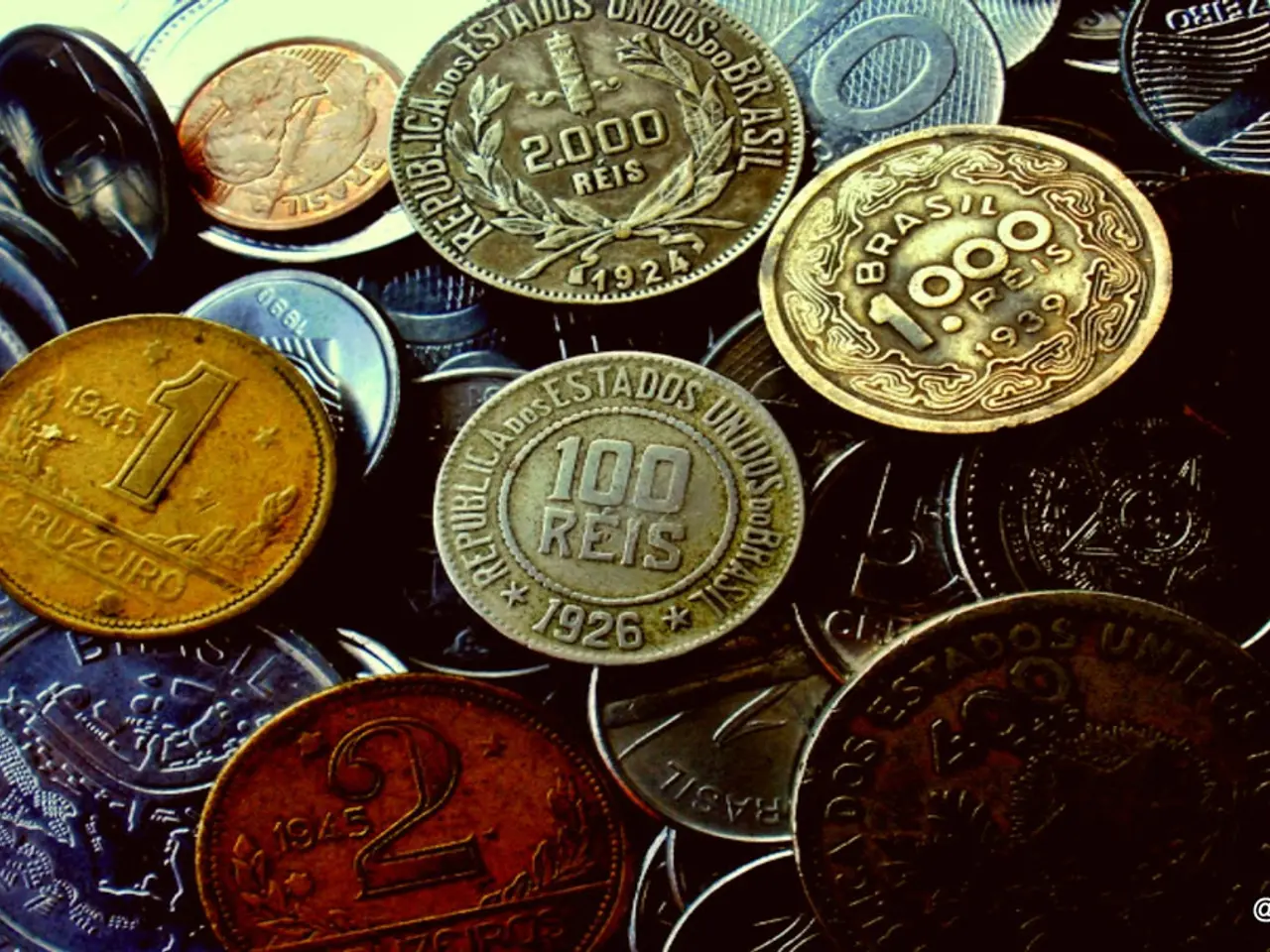JPMorgan Introduces Blockchain-Powered Tokenization of Carbon Emission Allowances
In a groundbreaking initiative, JPMorgan, in collaboration with Kinexys, S&P Global Commodity Insights, EcoRegistry, and the International Carbon Registry (ICR), is developing a blockchain-based system to tokenize global carbon credits. The aim is to create a transparent, secure, and interoperable carbon credit ecosystem that addresses current market inefficiencies and fosters innovation in the voluntary carbon market (VCM).
The project targets key challenges in the VCM, including market fragmentation, lack of transparency, inefficiencies, and limited standardization. By converting carbon credits into on-chain digital assets, the initiative seeks to improve market integrity, enhance trust, and facilitate new financial products and trading mechanisms.
One of the significant benefits of this tokenization is enhanced transparency and traceability. Each carbon credit is assigned unique metadata, such as project vintage, location, and certification, enabling real-time tracking throughout its lifecycle—from issuance to retirement. This provides investors, regulators, and buyers with a verified "single source of truth," reducing risks like double spending and greenwashing.
Smart contracts create immutable audit trails and prevent double-use claims by making tokens non-transferable once retired (burned). This strengthens confidence in the underlying carbon credit infrastructure and enhances market trust.
The project also aims to address market fragmentation by establishing a single ecosystem for tokenized carbon credits that is interoperable across multiple registries and platforms. This unification enables seamless credit portability and settlement between buyers and sellers, potentially increasing market liquidity.
Alastair Northway, Head of Natural Resource Advisory at J.P. Morgan Payments, expressed optimism about the new initiative, stating, "We believe that blockchain technology can play a crucial role in addressing the challenges facing the voluntary carbon market."
Keerthi Moudgal, Head of Product at Kinexys Digital Assets, shared similar sentiments, expressing optimism about the potential transformation of the VCM through tokenization. Kinexys Digital Assets is excited to continue engaging with carbon market participants for the development and implementation of new blockchain-based technology for the carbon ecosystem.
The testing, which is currently underway, aims to ensure technical connectivity, data model compatibility, and complete functionality of the carbon credit tokenization application. EcoRegistry and the International Carbon Registry have already completed testing on their respective registry solutions, while S&P Global will start exploratory testing with its environmental solution, Environmental Registry.
The demand for carbon offset projects and related credits is expected to increase significantly over the next several years. The new initiative, therefore, comes at a crucial time, aiming to resolve key standardization and transparency challenges holding back the VCM.
Companies are increasingly utilizing carbon credits as a bridge to their absolute emissions reduction efforts or to balance difficult-to-avoid emissions. The development of a single, tokenized carbon ecosystem could help address these challenges by providing a system for easy credit transfer and blockchain technology for asset record keeping and payments.
The largely unregulated carbon market is rapidly growing, and this initiative could lead to greater information and price transparency, potentially increasing liquidity. S&P Global's Meta Registry, which connects environmental registries worldwide with carbon markets and their participants, may also play a significant role in this transformation.
[1] Enhanced Transparency and Traceability [2] Addressing Market Fragmentation [3] Increasing Market Liquidity and Financial Innovation [4] Improved Market Integrity and Trust
- The project's implementation of unique metadata for each carbon credit aims to provide a verified "single source of truth," reducing risks like double spending and greenwashing, thereby improving market integrity and trust in the voluntary carbon market (VCM).
- By establishing a single ecosystem for tokenized carbon credits that is interoperable across multiple registries and platforms, this initiative seeks to address market fragmentation, enabling seamless credit portability and settlement between buyers and sellers, potentially increasing market liquidity and fostering financial innovation in the VCM.

![Android 16 Live Updates' Usage Explained and Demonstrates Map Integration [Video]](/en/content/images/size/w1280/format/webp/20250707191359_android-16-live-updates.jpeg)

